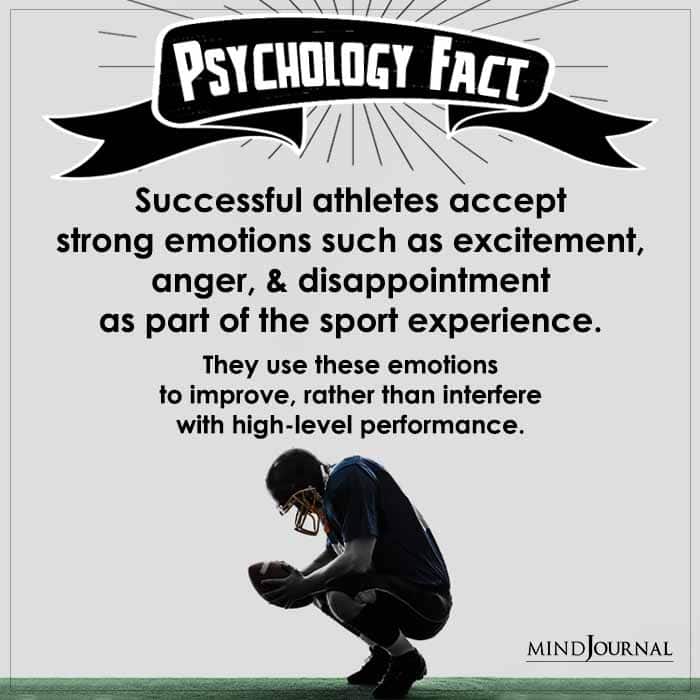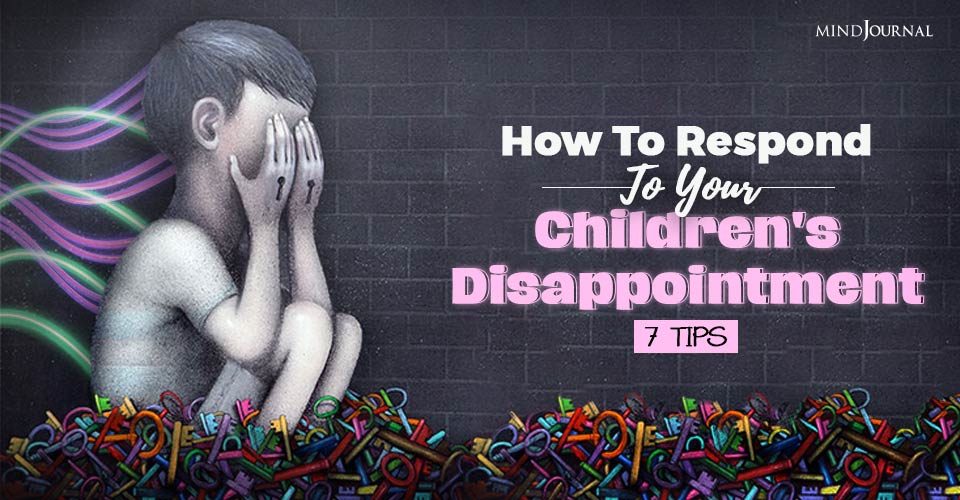Allowing your children to feel disappointment helps them in the long run. Read on to know how to let your young athletes embrace disappointment.
As parents, you hate to see your children disappointed. They are sad, downtrodden, and seem to have the weight of their lives on their shoulders. Your hearts ache for their pain and you want to do everything you can to relieve them of that disappointment. But that would be a mistake.
Certainly, disappointment is not a pleasant emotion; it feels really bad. But that doesn’t mean it is a bad emotion to be avoided at all costs. On the contrary, disappointment is actually a very healthy and positive emotion that plays an essential role in children’s pursuit of their sport (and other) goals.
If, and it’s a big if, parents and young athletes can understand what disappointment is and how it can help athletes to ultimately achieve their goals, the emotion can actually propel their development as both athletes and as people.
Disappointment and Devastation
Disappointment is perhaps the most immediate negative emotion athletes experience after a perceived failure. Disappointment involves the feelings of thwarted desire, loss, and discouragement when they fail to fulfill their hopes and expectations—or those of others. Children are going to feel disappointment when they don’t achieve their goals or believe they have let you down. Disappointment is a natural response to failure, but some children react to those perceived failures with devastation.
Think of devastation as disappointment with the volume turned way up; the lack of success is amplified so loudly it is deafening and debilitating. Children who experience devastation are too invested in their sport, where their self-identity and self-esteem are overly dependent on their results. This emotional reaction may also be caused by the burden of expectation that parents place on their children in their sports lives.

These children who are faced with devastation reduce their effort, give up easily, or may quit altogether to avoid the emotional pain. This reaction to this extreme version of disappointment can cause them to feel incompetent and inadequate, which, if persistent, will lower their self-esteem and will definitely prevent them from achieving their sports goals.
Though some disappointment following failure is normal, children who are hit hard by devastation mope around the house, look demoralized, and feel sorry for themselves for far longer than they should.
Also read When Your Child Loses It In Public: 5 Steps To Staying Calm
“Protecting” Your Children from Disappointment
Your natural tendency when you see your young athletes feeling bad after a disappointing competition is to try to make them feel better. Mollifying your children by attempting to distract, placate, or assuage them, though it may bring them some relief in the short run and make you feel better, does much more harm than good.
Writes Allison Armstrong, “Many parents today try too hard to smooth away life’s rough edges in the hopes of keeping disappointment at bay … Children with no experience solving life’s little setbacks have a much harder time when they’re faced with the big ones.” Placating your children doesn’t allow them to understand what caused the disappointment and figure out how to not feel disappointed in the future.
Your young athletes need to be able to just sit with their disappointment and ask “Why do I feel so bad?” and “What can I do to get over feeling this way?” Pacifying your children may also communicate to them that you don’t think they are capable of handling and overcoming the setback themselves. Your reaction will only interfere with your children’s ability to surmount future obstacles and it will make disappointment more painful the next time they experience failure.
Also read 9 Guiding Principles For More Positive Parenting
The Right Attitude Toward Disappointment

Disappointment is a normal, though difficult, part of sports and childhood in general. Your children will inevitably experience disappointment in sports, school, and friendships.
How your children learn to respond to disappointment will determine its impact on their future achievement and happiness. You can teach your children to see stumbling blocks as opportunities to improve and grow.
Offering your children a different perspective on their disappointment—“I know it feels bad right now, but what can you learn from it?”—gives them tools they can use to avoid or minimize their disappointment in the future and to turn the obstacles to their advantage by increasing resilience, motivation, and confidence.
After “falling off the horse,” your children will naturally feel a brief period of a letdown, but then you must encourage them to pick themselves up and get back on the horse, that is, get back to pursuing their sports goals. By staying positive and enthusiastic, you can show your children another, better way of feeling in response to failure and guide them in finding a way to overcome their setbacks and return to their path of achievement.
Rather than the disappointment disheartening your children and causing them to feel bad about themselves, you can help your children use the experience to affirm their capabilities by showing them that they can conquer their setbacks.
For example, if your young competitor isn’t improving as fast as she wants in sport, you can tell her how common it is for athletes to reach plateaus and how these “flat spots” in their progress are necessary and usually a prelude to another period of improvement. You can also encourage her to keep working hard and express her confidence that her progress will continue.
Also read 21 Different Art Therapy Exercises For Different Emotions
How You Respond to Your Children’s Disappointment
Your attitude and emotions toward your young athlete’s inevitable disappointments will influence how they respond to life’s obstacles. You should view your children’s disappointments as training for adulthood. “Childhood disappointment is actually a practice lap on the course to adulthood. If you run interference whenever disappointment threatens, you’re setting kids up to run a marathon without ever letting them train for it,” adds Allison Armstrong.
You must convey to your children that failure and disappointment are part of life and what matters is how they react to it. You can also give your children a boost by showing them that you believe in them, that they should have faith in themselves, and that if they keep trying, they will probably reach their goals: “Life is full of setbacks and disappointment, but if you keep working hard, I know you can do it.” Most importantly, you don’t want to compound their disappointment with your ill feelings about their unsatisfying results.
Also read The 4 Elements Of Resilient Coping
Here are some suggestions on how to respond to your young athlete’s disappointments:
- Don’t downplay or dismiss the situation to make your children feel better.
- Provide empathy for their feelings rather than trying to soothe them.
- Allow your children to express their feelings about the setback.
- Offer a perspective that may give them another way of looking at their disappointing experience.
- Help your children find ways to surmount the causes of their difficulties.
- Tell your children that they will survive these disappointments and will achieve their goals if they keep trying hard.
- Give them a hug, tell them you love them, and then get on with life.
To learn more about how to be the best sports parent you can be, see my book, Raising Young Athletes: Parenting Your Children to Victory in Sports and Life, or enroll in my Prime Sport Parenting 505 online course.
Written by:Jim Taylor Ph.D. Originally appeared on:Psychology Today Republished with permission










Leave a Reply